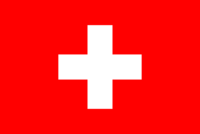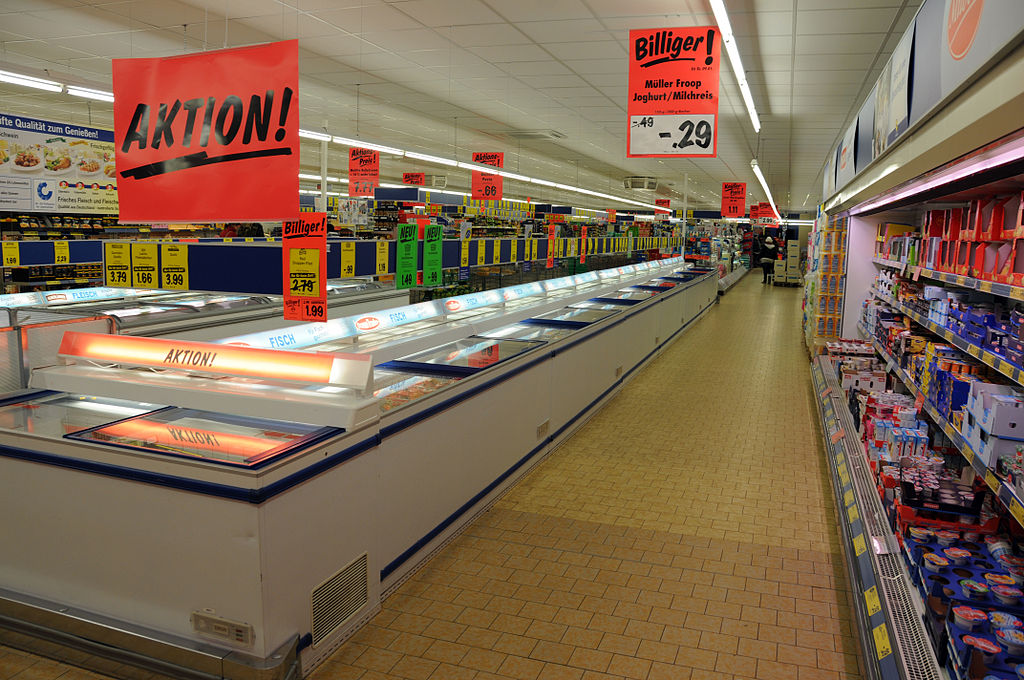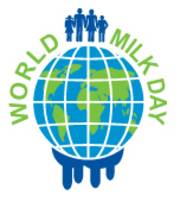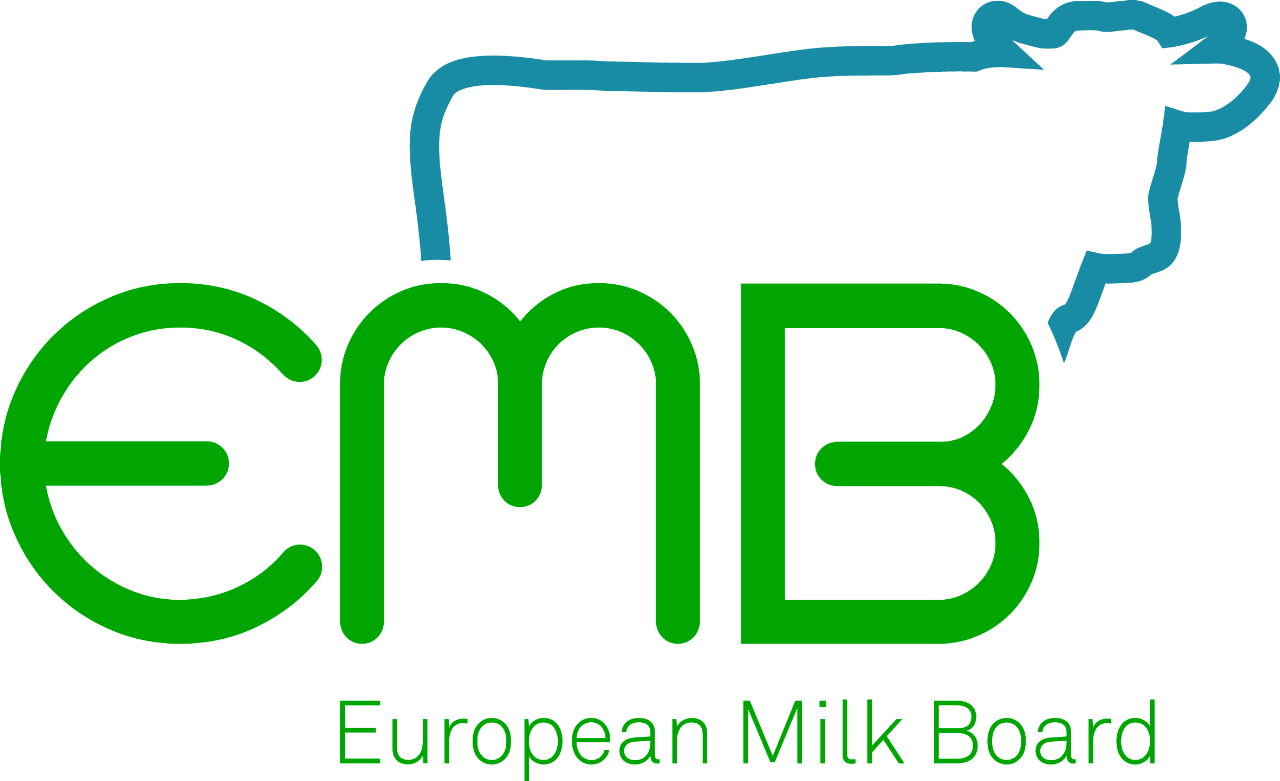EMB Newsletter August 2013
Newsletter as PDF
Contact
European Milk Board
Bahnhofstr. 31
D-59065 Hamm
Phone: 0049/2381/4360495
Fax: 0049/2381/4361153
E-Mail: office@europeanmilkboard.org
Website: http://www.europeanmilkboard.org
Newsletter as PDF
Contact
EMB - European Milk Board asbl
Rue de la Loi 155
B-1040 Bruxelles
Phone: +32 - 2808 - 1935
Fax: +32 - 2808 - 8265
Dear Dairy Farmers and Interested Parties,
Following the reform of the EU dairy sector it is now time to re-evaluate the situation. What consequences does the Milk Package have for producers in the EU? What conditions have changed? What problems still exist?
For dairy farmers in Croatia, the EU accession has meant a few changes. Yet the strong cost pressure exerted on the producers there with their small farms is unrelenting. Since the beginning of the financial crisis the profits of the entire dairy sector in Spain have dwindled. But it has hit producers much harder than it has the retailers and the dairies. In May possible solutions were discussed with the Ministry of Agriculture at a large conference attended by representatives of the whole sector. However, without effective pooling of the producers there dairy farms cannot expect any noticeable rise in prices.
The situation in Switzerland is mixed. With the disastrous consequences of the abolition of quotas, which are still felt to this day, milk prices are on the rise at the moment. At the same time, they are now discussing the total opening of the dairy sector to the EU market, which will once again severely heighten the competitive pressure on Swiss producers.
And discussions are still ongoing on the EU level, too. For instance, the Commission has published a Green Paper on unfair trading practices, to which the EMB contributed.
The Milk Package stipulated that data on the situation in the sector must be collected in 2014 and 2018 to enable appropriate responses to the unwanted impact of the package. As part of this process Commissioner for Agriculture Ciolos has now issued an invitation to a conference on 24 September on the future of the EU Milk Package after 2015. The European Milk Board will be represented at this conference with participants from almost every EMB member country and will present an academic study, showing the impact of the abolition of quotas in the EU and pointing up proposals for effective solutions.
Even though we are aware that the farmers’ fighting spirit is weakening because of the slight rise in prices, many EMB organisations have already said they are prepared to start new campaigns. If there are no new proposals from the Commission after the September conference, we will take to the streets again. The EMB is committed to cost-covering prices and a fair day’s pay for a fair day’s work on the farms.
We are not a traditional farmers’ union, we demand new rules: the time for discussions is slowly coming to an end!
Erwin Schöpges (Member of the EMB Board)
The Dairy Sector in Croatia
Croatia has been a member of the European Union since 1 July 2013, making it the 28th EU member state. Its agriculture is rather small in scale, with an average dairy herd size of just six cows per farm. The Croatian milk producer organisation HSUPM is a member of the European Milk Board (EMB).
According to the Internet platform Agrarmarkt Austria, there are at present some 4,500 milk producers in Croatia.
Important declaration of EU Member States on the review of reference prices in the agricultural sector
The following joint declaration was given by 11 EU Member States in the framework of the CAP negotiations.
Reduction of extreme agricultural price volatility is a major challenge for the future CAP. This volatility is increasing and therefore the safety net becomes more and more important as a mitigation tool of this extreme volatility.
However, we acknowledge that the safety net must not weaken the market orientation of the CAP.
Milk in Demand in Switzerland
The decrease in milk production in Switzerland continues month after month. The farm-gate price for industrial milk rose slightly in June for the first time in ages. But no farmer is being paid the reference price of 57.5 cents decided on by the sector and communicated in the media. What is more, many farmers are still being paid less than 48.3 cents for B milk. When cheese dairies stop making cheese in the summer months when milk is in short supply and sell their milk to the largest Swiss milk processor EMMI, they receive 60 cents a litre.
Green Paper on Unfair Trading Practices
The European Commission in Brussels addressed the issue of market power in the food supply chain and at the beginning of the year published a Green Paper on “Unfair trading practices in the business-to-business food and non-food supply chain in Europe”. In this area there are currently considerable differences between the member states, and there is no specific EU regulatory framework for combating unfair trading practices in the food supply chain.
World Milk Day 2013: Spanish Dairy Sector Conference in Madrid
The entire Spanish milk value chain (producers, dairies, trade and administration) met in Madrid on 31 May 2013 to discuss the situation in the dairy sector, a strategically important sector for Spain. The meeting, hosted by the Spanish EMB member organisation OPL, was held on the occasion of World Milk Day, which began in 2001 and is celebrated every year on 1 June in more than 80 countries the world over.
EMB Calendar
Please find below some of the most important events in August/ September 2013:
4.09.: Hearing in the European Parliament on price volatility in agricultural markets in Brussels
5.09.: Board meeting in Brussels
10.09: Presentation of a study on French milk production costs in Rennes
24.09. Milk conference of the European Commission in Brussels
Full Texts
The Dairy Sector in Croatia
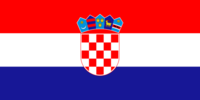
Croatia has been a member of the European Union since 1 July 2013, making it the 28th EU member state. Its agriculture is rather small in scale, with an average dairy herd size of just six cows per farm. The Croatian milk producer organisation HSUPM is a member of the European Milk Board (EMB).
According to the Internet platform Agrarmarkt Austria, there are at present some 4,500 milk producers in Croatia. The number of dairy farms has actually fallen markedly owing to farms being seriously in debt. That is why in 2012 there was a delivery boycott and protests lasting several days against the low milk prices paid by the dairies. The farmers called for a farm-gate price of about 45 cents a litre, whereas the dairies were offering only 32 cents.
Roughly 78% of milk produced in Croatia is for the domestic market and is processed by about 40 dairies. The biggest dairy, Dukat, belongs to the French group Lactalis. As the milk has to be collected from many small farms, in some cases the dairies have to contend with considerable logistical problems.
Roughly 132,000 tons of milk were supplied in the first quarter of 2013. That represents a substantial decrease of 17% on the same quarter the previous year. A great deal of milk is processed for the white dairy product range (drinking milk, fresh goods and cream). The Croatian dairies also produce cheese and some butter, whereas milk powder production is of no major significance. Croatia also imports some dairy products from the EU, primarily cheese, drinking milk and fresh goods.
Regina Reiterer (EMB)


